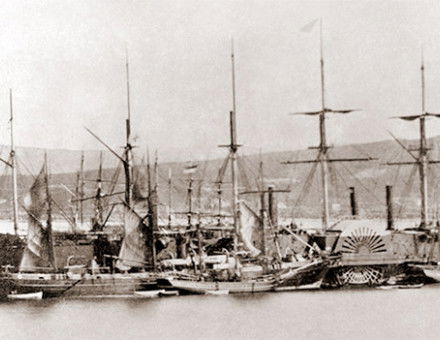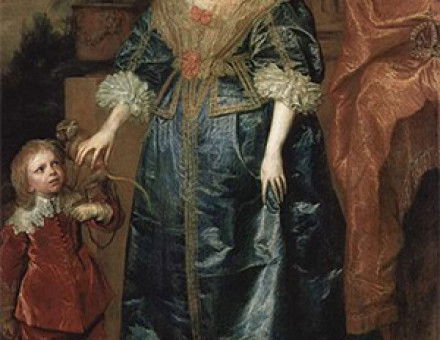Margaret Fuller in Europe: 1846-1850
‘Give me truth: cheat me by no illusion’ demanded this intrepid American enthusiast, who, during her early middle age, landed in Europe for the first time. There, writes Joyce Clark Follet, she found love, adventure, hardship and the revolutionary cause she needed.




